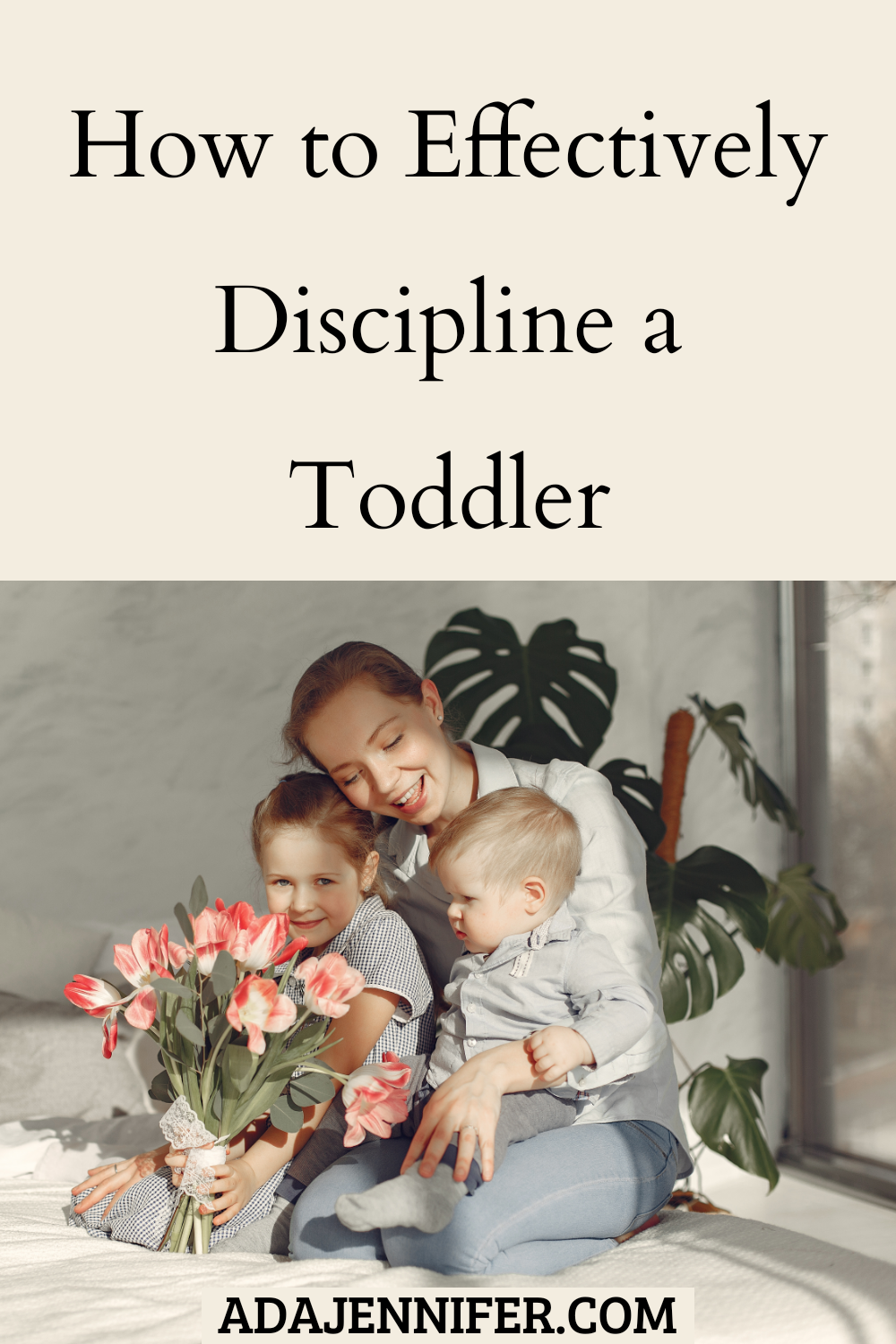How To Effectively Discipline A Toddler

Many downplay the idea of learning how to discipline a toddler and wonder what relevance it holds because they believe all a child needs to turn out well in life is love from parents. While this is partly true, it is also important for such people to know that learning how to discipline a toddler is important because when parents start to discipline their kids early enough, it helps to instill self-control and good manners in them.
Now that the importance of learning how to discipline a toddler has been established. How can one go about the process? To properly understand how to discipline a toddler, I will be addressing the following issues: how to discipline a 1-year-old, how to discipline a toddler who hits, how to discipline a toddler without hitting and yelling, 3year old temper tantrums getting worse, child discipline method, benefits of child discipline, 2-year-old behavior problems, how to discipline a child in school and how to get toddlers to listen without yelling.
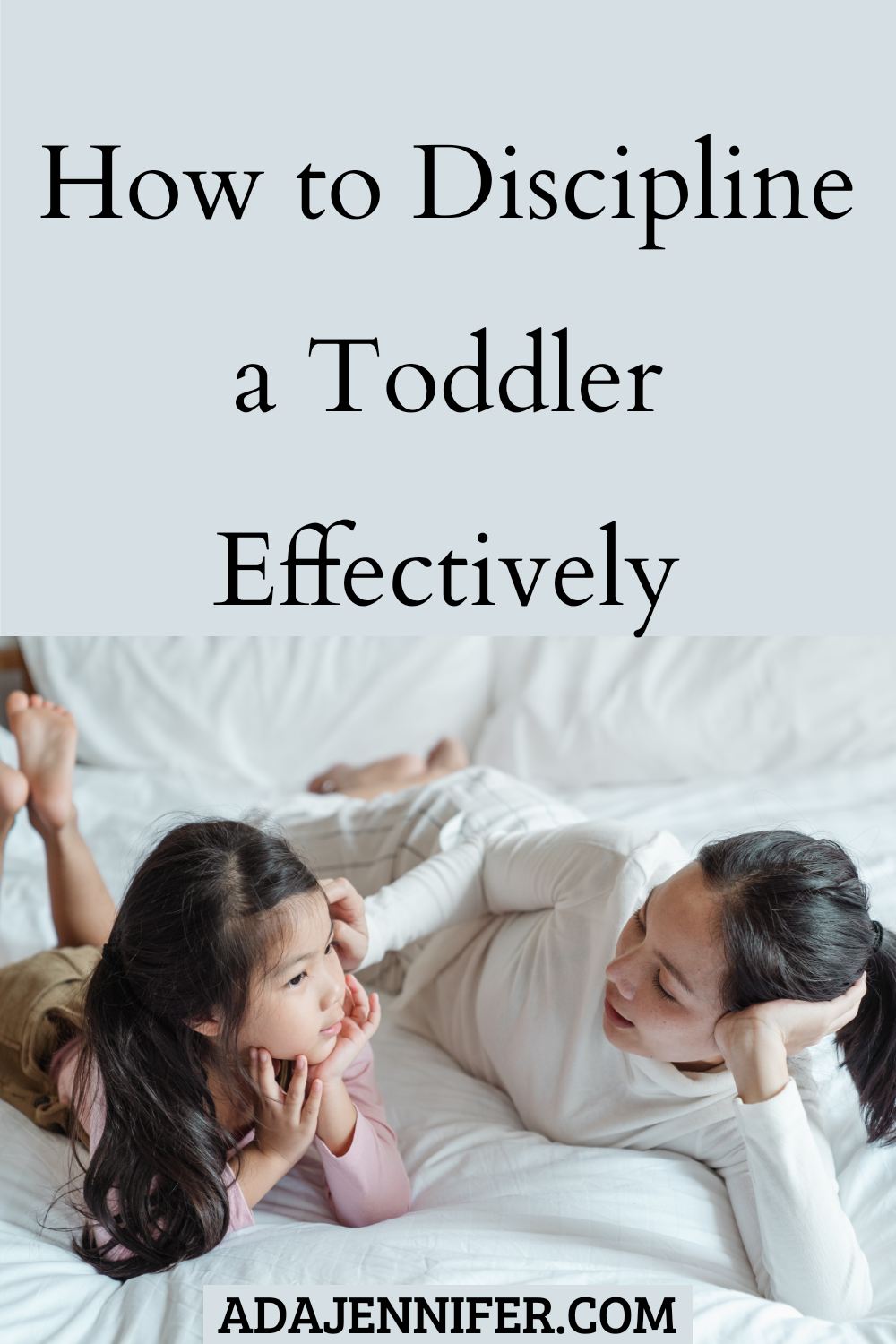
How To Discipline A One Year Old
Discipline starts from the very day the child is born. The following tips are how to discipline a toddler:
1. Create Routine Structure And Save Places To Explore
The baby’s environment should be one that promotes good behavior.
2. Notice And Encourage Good Behavior
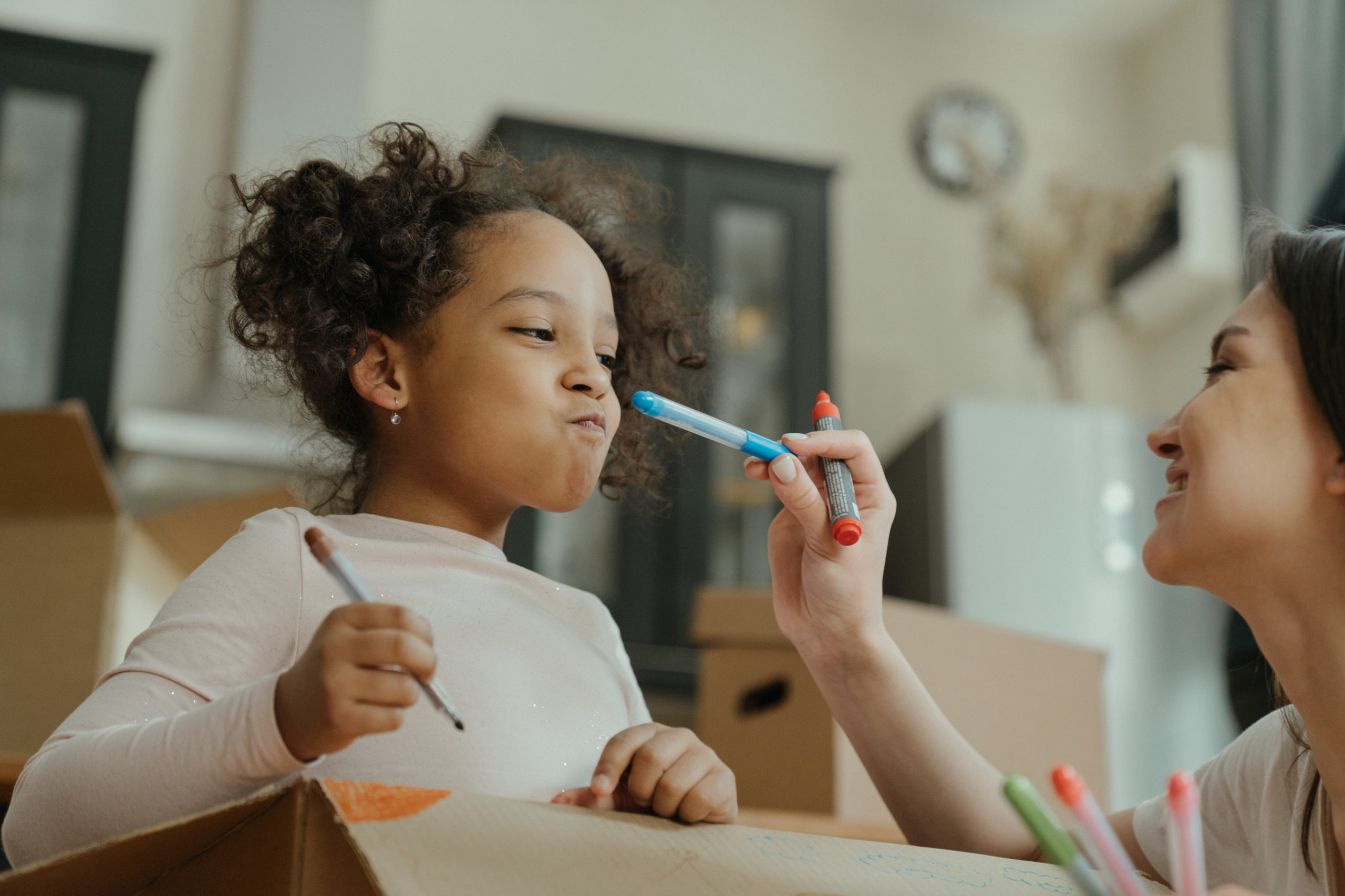
Notice times when your child does good and make conscious efforts to celebrate such moments.
3. Turn A Negative Into Positive
Your toddler’s natural curiosity combined with his or her propensity to be stubborn will probably make you feel you enjoy saying “NO”. Avoid using those phrasal hashtags; otherwise, it will lose its value. Make it a point of duty to always explain things to your child rather than always rushing to say no.
4. Distract And Redirect
It is best to distract toddlers when they are trying to behave badly, and then redirect them with something different.
5. Model better behavior
Toddlers do not always know that what they are doing is wrong. it’s up to you to show them the correct way to interact with the world around them. Example Teach them how to be tender and gentle with animals and show how to safely interact.
6. Introduce Consequences
This is very important as a recipe for effective discipline. Calmly and firmly explain these consequences to your child, and make sure the child understands them clearly. Also, make sure the consequences are age-appropriate.
7. Time Out
Use age-friendly and appropriate time out.
8. Ignore Bad Behaviors When Appropriate
Sometimes the best way to discourage bad behaviors is to ignore it. Even minor offenses can be overlooked depending on the circumstances. You have to decide what you can ignore.
9. Right Wrongs Together
Learning how to right a wrong is a vital part of a child’s discipline or training. You can gently and lovingly teach your kids how to do this.
10. Stay Calm And Under Control
Have you noticed that when you get frustrated and upset, your little one acts the same way? You are the first teacher to your child. Always behave in a good way so your little one can learn good habits from you.
How To Discipline A Toddler Who Hit
1. Help Him Deal With The Anger
Empathy is one word that needs constant practice; take your child’s position to study why he or she is angry and consciously try to calm your child by talking things over with him or her.
2. Be Generous With Hugs
Learn how to hug your child. It helps to calm his or her emotions.
3. Educate The Child
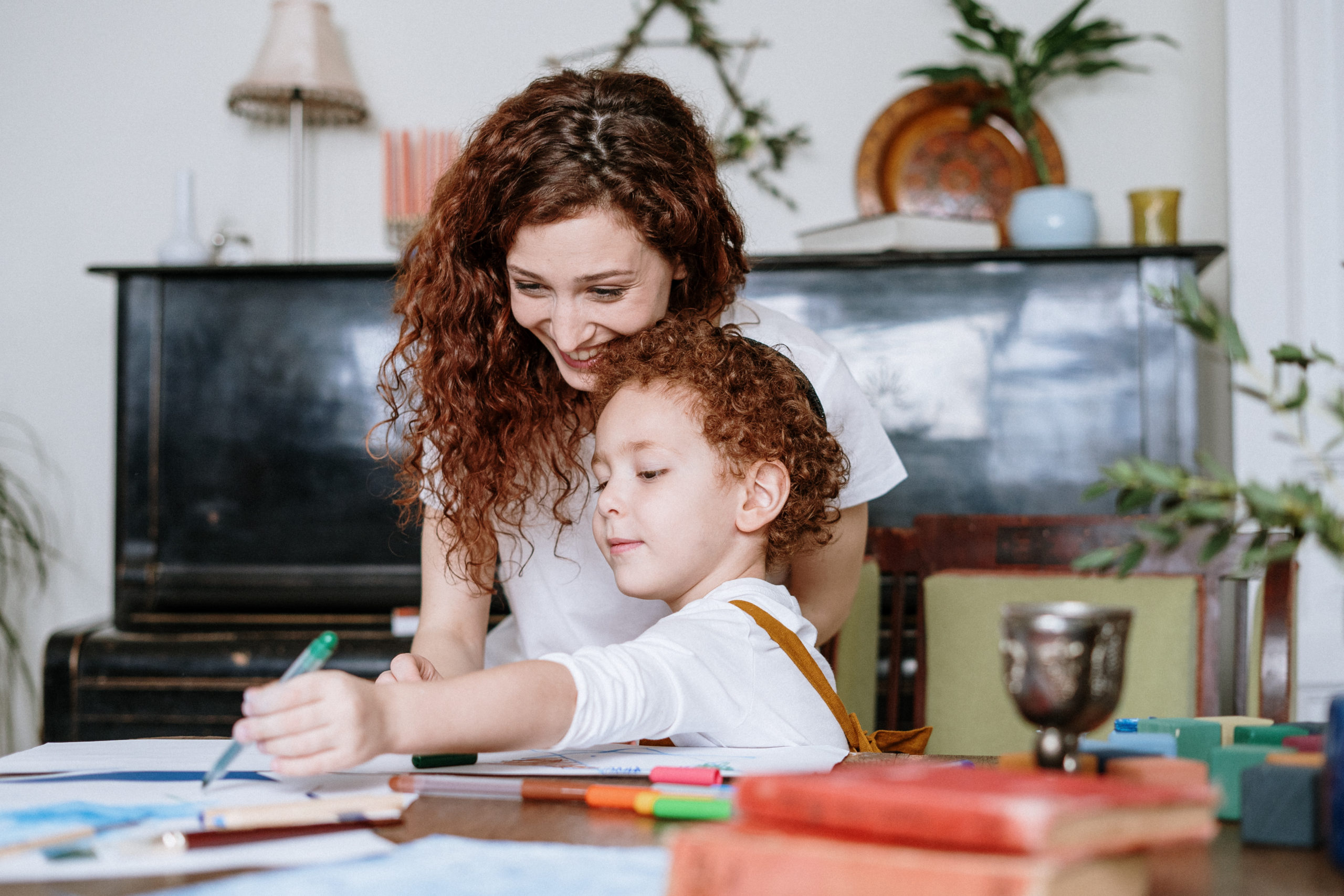
Educate the child on why hitting is wrong and how it negatively affects the other person.
4. Show Them How To Use Their Energy Positively
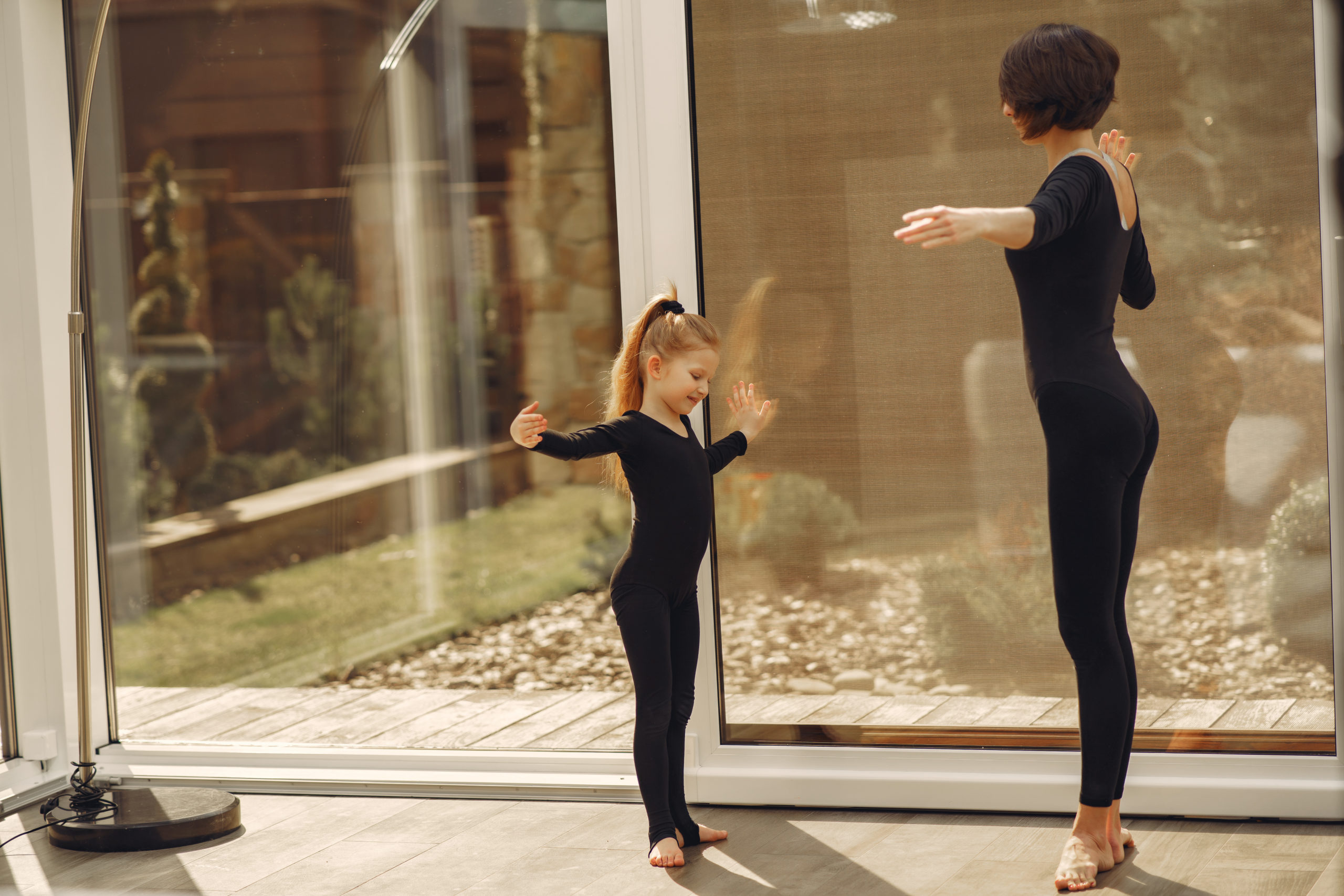
Keep your kids busy so they do not have time to think of hurting others.
5. Teach Them What Respect Is Especially When it is With Others
Teach the child to learn respect and to understand that hitting people does not build respect. But talking to them shows you respect them.
6. Talk To Them About Your Feeling
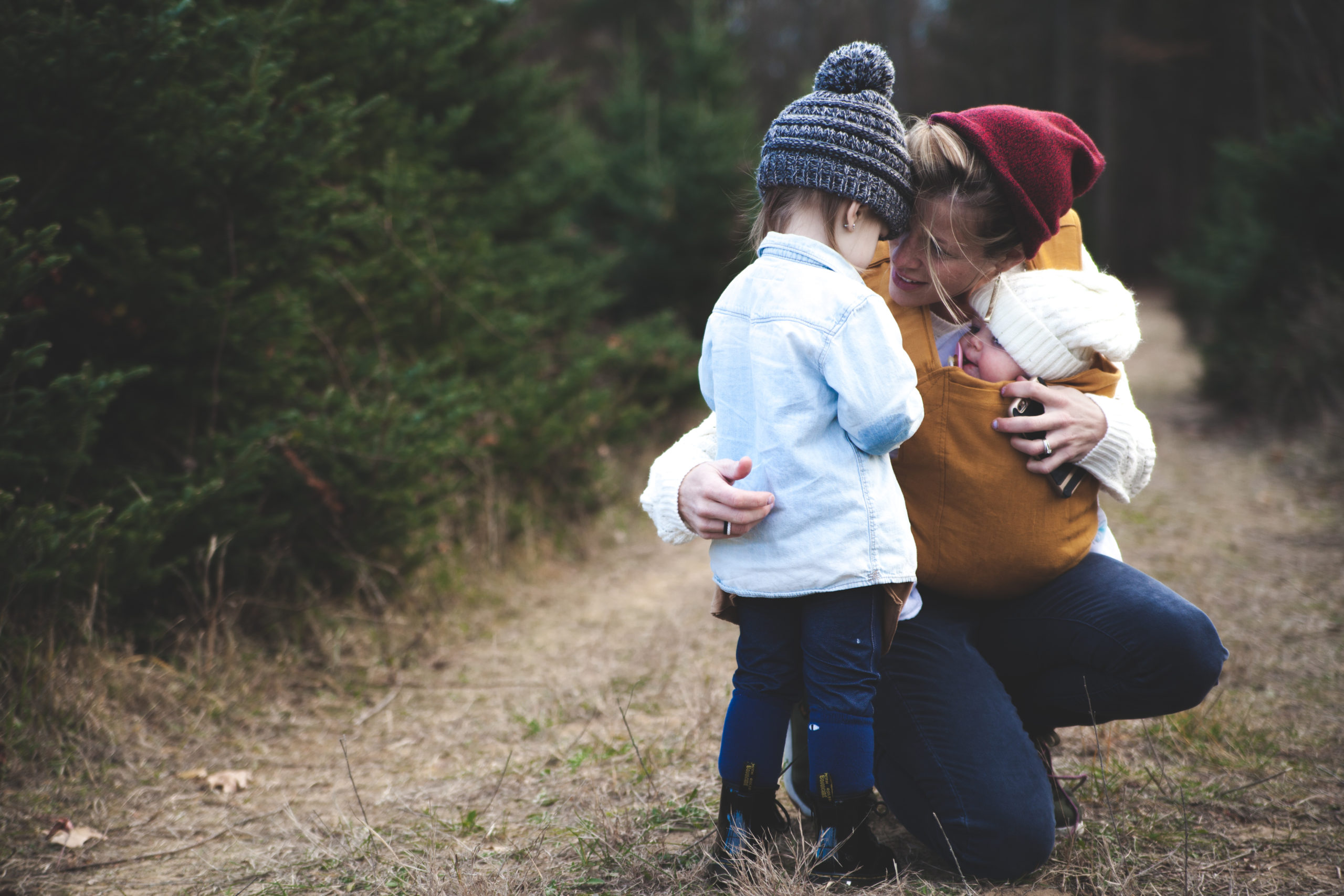
Your kids should know how their actions make you feel and should care enough about you not to want to hurt you.
How To Discipline A Toddler Without Hitting And Yelling
1. Establish Clear Rules
You will not have to resort to hitting and yelling if you have established clear house rules and consequences that are known to the child. Explain negative consequences of breaking the rules to your child ahead of time (take away privileges) e.g say things like “No chores no watching of television”.
2. Provide Positive Reinforcement
Motivate your child to follow rules by applauding your child when he or she keeps the rules. Positive attention from parents reduces the negative attention-seeking behavior of children. Create a reward system to encourage good behavior in your kids.
3. Examine The Reasons You Yell
Don’t yell when you are angry. Learn strategies to calm yourself down when you feel upset because you are a role model for your kids. Always try to control upsetting thoughts to avoid dangerous situations or wait until you are calm to discipline your child the right way.
4. Offer Warning When Appropriate
Instead of yelling, warn your child. Then you follow with a consequence.
How To Manage 3 Years Old Temper Tantrums Getting Worse
One thing that you must not do is to emulate your child by also throwing tantrums out of anger. Your reaction to tantrums will drastically influence your child’s reaction. Remember you are your child’s biggest influence. The following are ways you can manage 3 years old’s temper tantrums and keep it from getting worse.
1. Give The Child Plenty Of Positive Attention
Recognize when they do something good and reward them with praises.
2. Give Them Control Over Little Things
Try and do this especially when they are in a less dangerous environment. Offer minor choices to them such as- do you want orange juice or apple juice?
3. Keep Off-limit Objects Out Of Sight And Reach
Drugs and sharp objects should be kept out of the reach of children.
4. Help Them To Learn New Skills
These kids should be encouraged to learn new skills, to keep them busy.
Child Discipline Method
Your role as a parent is to ultimately teach your child how to behave. It’s a job that takes time and patience. To do well in this job, it helps to learn to adopt the following effective and healthy discipline methods.
1. Show And Tell
Teach them right or wrong with composed words and calm actions. Model behaviors you would like to see in your children.
2. Set Clear And Consistent Rules
Don’t waver but you can adjust. Rules must be set in age-appropriate terms and order.
3. Don’t Forget About Consequences
Remind your child of the place of consequences and make sure consequences are age-appropriate
4. Hear Them Out
Always give room for your kids to express themselves before you take necessary actions.
5. Your Attention Is Needed
Always make out time for your kids. Give them the necessary attention they need. Don’t just be a parent, also be a good friend to your kids.
6. Ok! Just Catch Them Being Good
They need to know when they have done something good or bad. Shout out the praise. Be specific on the issue you are praising them for.
Benefits Of Child Discipline
Discipline is not just about consequences, it ensures children are gaining the experience they need to become responsible adults. The following are benefits of child Discipline.
1. Help Kids To Make Good Choices
Appropriate discipline teaches kids and even adults how to make good choices. When a person loses certain privileges based on their reckless behavior, he or she learns how to make safer choices.
2. Helps Kids To Manage Anxiety
When you offer positive and negative consequences, kids grow and learn. Do not allow children to take care of themselves i.e. train themselves by allowing them to take care of age-inappropriate situations. Please don’t allow it. The lack of guidance and the absence of leadership can be very unsettling. No child wants to be solely in charge.
3. Teaches Kids Emotional Management
When a child receives complete and total time-out after throwing tantrums, yelling, or hitting he or she learns skills that will help him or her manage anger better in the future.
4. Helps To Keep Kids Safe
This is the ultimate goal of discipline. This includes all safety issues, like look both ways before crossing the road, don’t talk to strangers, watch yours always, and a host of others.
How To Manage Two Year Old Behavior Problems
1. Use humor
Humor gives everyone the chance to cool off.
2. Redirect bad behavior
Engage the mind of kids of this age with positive things they can do so they don’t have time to engage in bad behavior.
How To Discipline A Child In School
The following are ways to discipline a child in school.
1. Deny the child recess for the day.
2. Exclude the child from school trips.
3. Let the child perform useful tasks as punishment i.e. cleaning the school premises.
4. Make the child say sorry for his or her wrongs.
How To Get Toddlers To Listen Without Yelling
1. Get On Their Level
When you need your child’s attention, make sure you get it by making eye contact. You can also get it by lowering yourself down to strengthen the communication between you and your child.
2. Shorten Your Speech
Short speeches are better, be as concise as possible and they won’t have time to turn you out.
3. Say Thank You In Advance
Saying thank you in advance will encourage your kids’ good behavior.
4. Ensure Comprehension
Repeating is one way to know if your child comprehends or not. Ensure both of you are on the same page with a nod to affirm or a thank you with a smile.
For more details of how you can get a toddler to listen without yelling see my blog post titled 10 Parenting Tips To Get Your Kids To Behave Without Yelling.
For you
The lives and welfare of future generations depend on how effective we are today as parents in training our children. Make no mistake about it, the quality of our parenting today will be reflected not only in the lives, values, and attitudes of our children but also in the lives of their children and generation after them.
Our success or failure as parents will have long term, multi-generational consequences. It is why; we must be very careful to get a good handle on training and learn to raise our children properly.
I have in every sub-topic emphasized that discipline is known as teaching with instructions, so these children need training. Children are not born self-sufficient or possessing the knowledge they need to live successfully, they must be trained. We also know that they cannot raise or train themselves. This responsibility is solely on parents. They are accountable for the way they bring up their children.
Pin For Later
